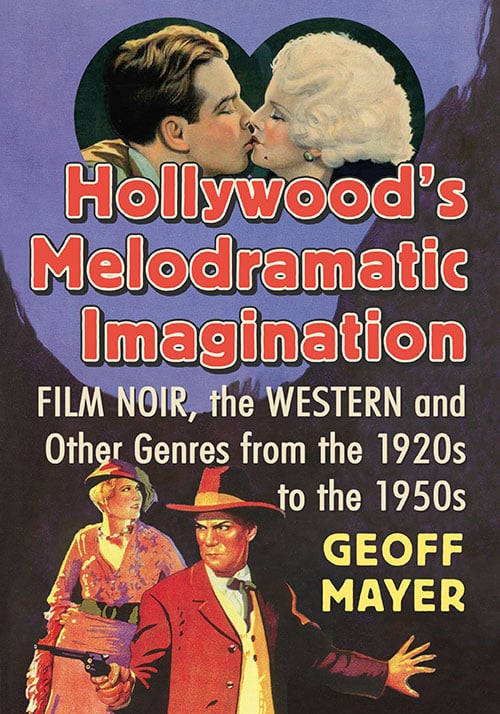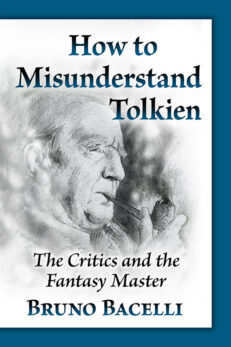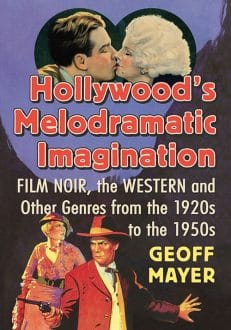Hollywood’s Melodramatic Imagination
Film Noir, the Western and Other Genres from the 1920s to the 1950s
$55.00
In stock
About the Book
Melodrama is the foundation of American cinema. It is, however, a poorly understood term. While it is a pervasive and persuasive dramatic mode, it is not tied to any specific moral or ideological system. It is not a singular genre; rather, it operates as a “genre generating machine” capable of determining the aesthetics and structure of the drama within many genres. Melodrama centers the conflict around the clash between good and evil and provides a sense of poetic justice—but the specific values embedded in notions of good and evil are determined by the culture, and they shift from nation to nation, region to region, and period to period. This book explores the “populist” westerns of the 1930s, the propaganda films that followed the Japanese attack on Pearl Harbor, and the popularity of Sax Rohmer’s master villain Fu Manchu. “Melodramas of passion” and film noir also offer a challenge to melodrama with its seemingly alienated protagonists and downbeat endings. Yet, with few exceptions, Hollywood was able to assimilate these genres within its melodramatic imagination.
About the Author(s)
Bibliographic Details
Geoff Mayer
Format: softcover (7 x 10)
Pages: 365
Bibliographic Info: 131 photos (19 in color), bibliography, index
Copyright Date: 2022
pISBN: 978-1-4766-7477-3
eISBN: 978-1-4766-4307-6
Imprint: McFarland
Table of Contents
Acknowledgments vi
Preface 1
Introduction: Populist Fables 3
One. The Melodramatic Imagination 33
Two. The 1930s Western 104
Between pages 147 and 148 are 16 color plates containing 19 photographs
Three. The “Half Lights” of W. Somerset Maugham 148
Four. Film Noir, Virtue, the Abyss and Nothingness 183
Chapter Notes 317
Bibliography 333
Index 337





